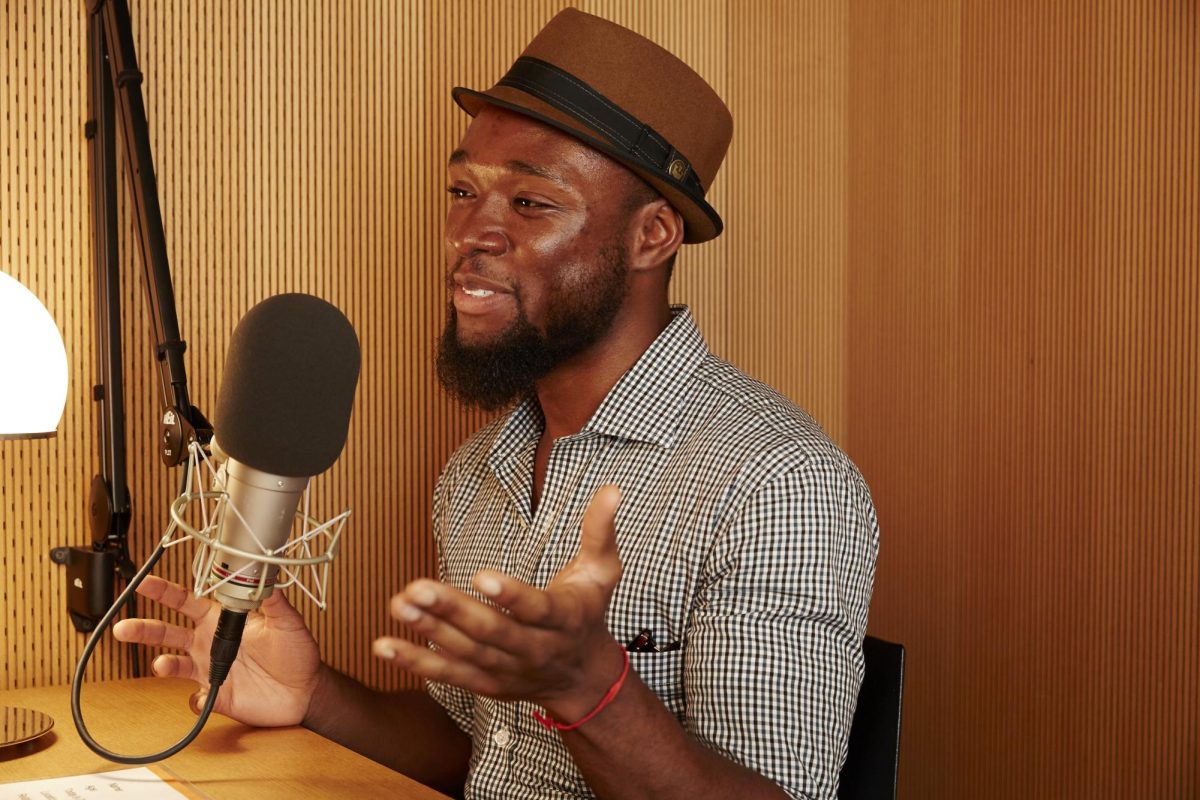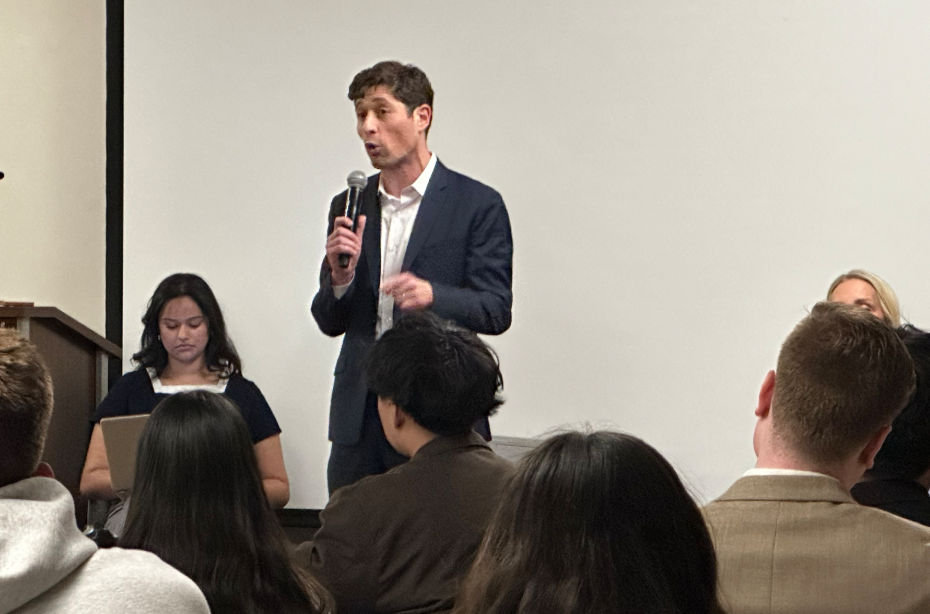Disability resource staff at the University of Minnesota have felt the strain of increasing student needs — and leaders are calling for better data collection and more funding.
The annual student representatives’ report presented at last month’s Board of Regents meeting showed that many students felt disability services and education are lacking at the University.
At the Crookston campus, Disability Resource Center usage increased from 5 percent of the student population in 2014 to 12 percent in 2017. At the Morris and Rochester campuses, the DRC office is staffed by one person, where requests for appointments continue to rise.
The DRC at the Duluth campus was deemed “functional,” with room for improvement, and students reported dissatisfaction in disability accommodations.
On the Twin Cities campus specifically, student representatives found that staff at the DRC are overworked as more students request assistance from the center.
Additionally, some students complained that certain professors weren’t as willing to support disability accommodations as others.
One section of the University policy on supporting disability accommodations states that faculty can refuse accommodations if they “fundamentally alter a course or program,” which many students have complained professors use as a loophole to not to honor accommodations, said Apoorva Malarvannan, student representative to the Board of Regents.
“There are certain people who don’t feel supported by their faculty,” Malarvannan said.
The student representatives met with students over the past year to determine what’s working and not working in terms of disability services, she said.
Additionally, the representatives are requesting that the University begin collecting data on student requests for disability resources, complaints against faculty regarding accommodations and other issues.
Once data exists, the representatives hope to use the information to form policy and funding suggestions, said Rochester student representative Lauren Anderson.
Anderson, who researched disability resources on all campuses the past year, said the services across the University system are overloaded, and students feel the burden.
She said part of the problem is the lack of data on disability services, so it’s hard to know how many students are struggling.
First-year student Amber Johnson said she’s had generally positive experiences when requesting disability resources, but did have trouble getting a letter from the DRC explaining her accommodations at the beginning of the school year.
Because the DRC requires students to meet with staff in person before receiving resources, it can take several weeks to set up an appointment.
“There were some professors that were more willing to accommodate it if I told them I didn’t have my letter yet,” Johnson said, who struggles with mental disabilities.
She added that it would be helpful if professors to had more education on less-visible disabilities.
Johnson also said she would like to see professors adapt their curricula to accommodate student disabilities.
“This is the beginning of a conversation that needs to be continually had,” Malarvannan said. “I genuinely hope that this conversation doesn’t just stay within the report.”







